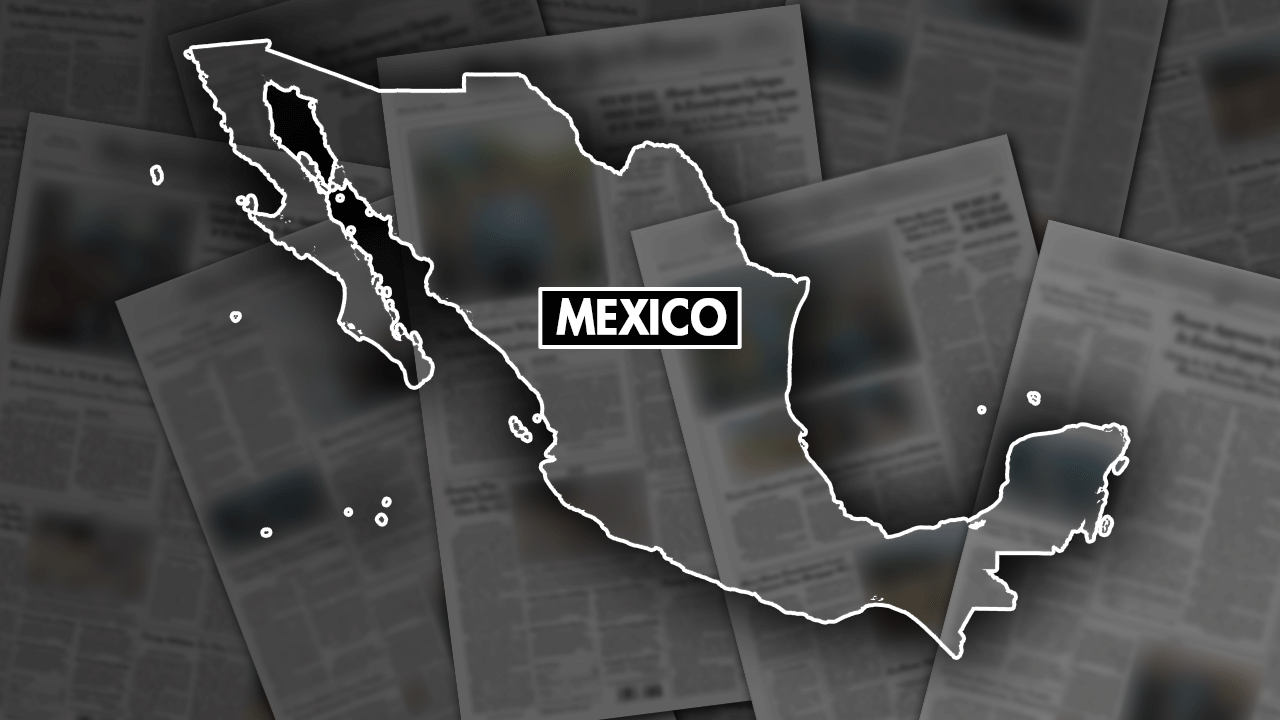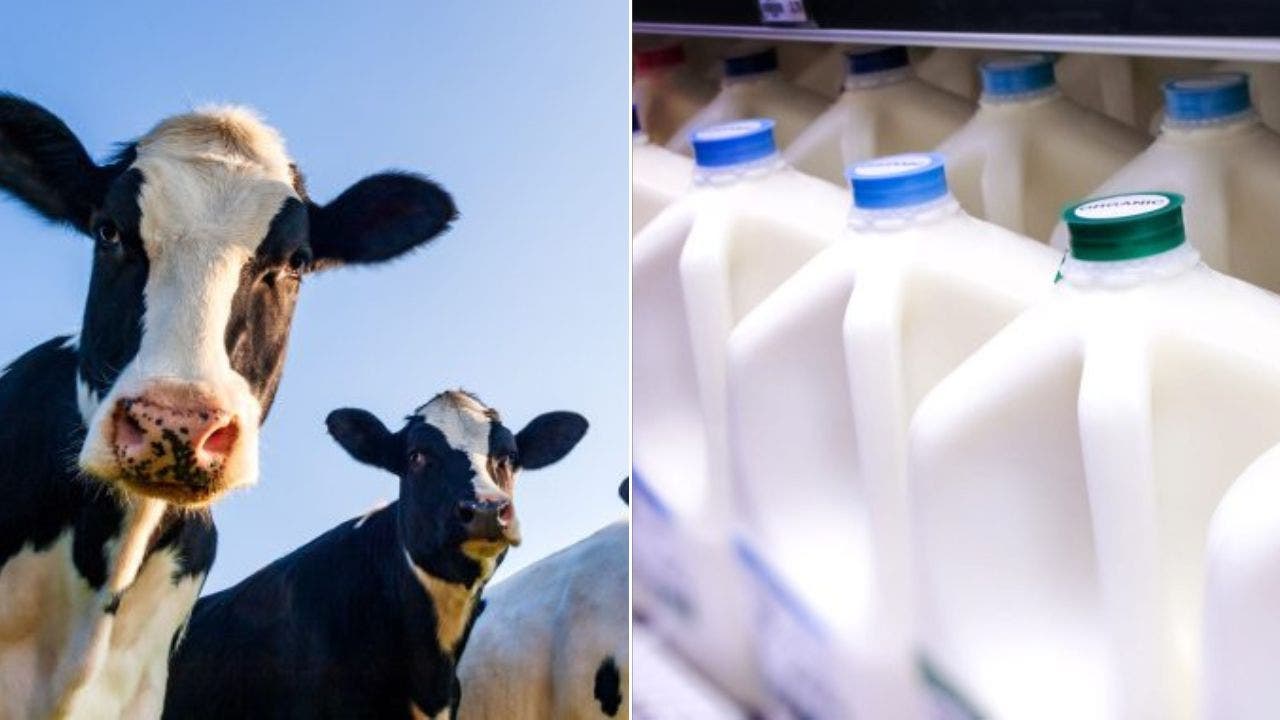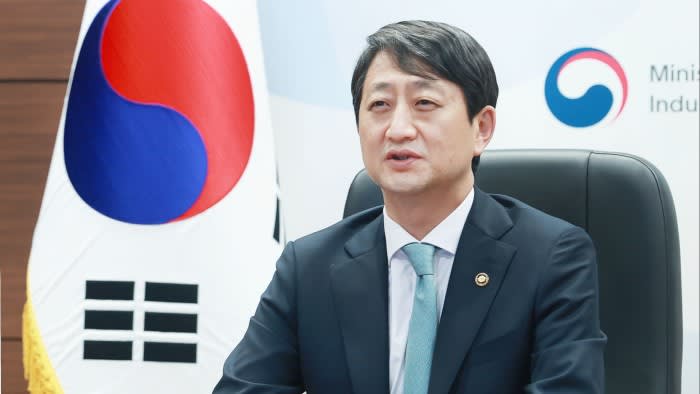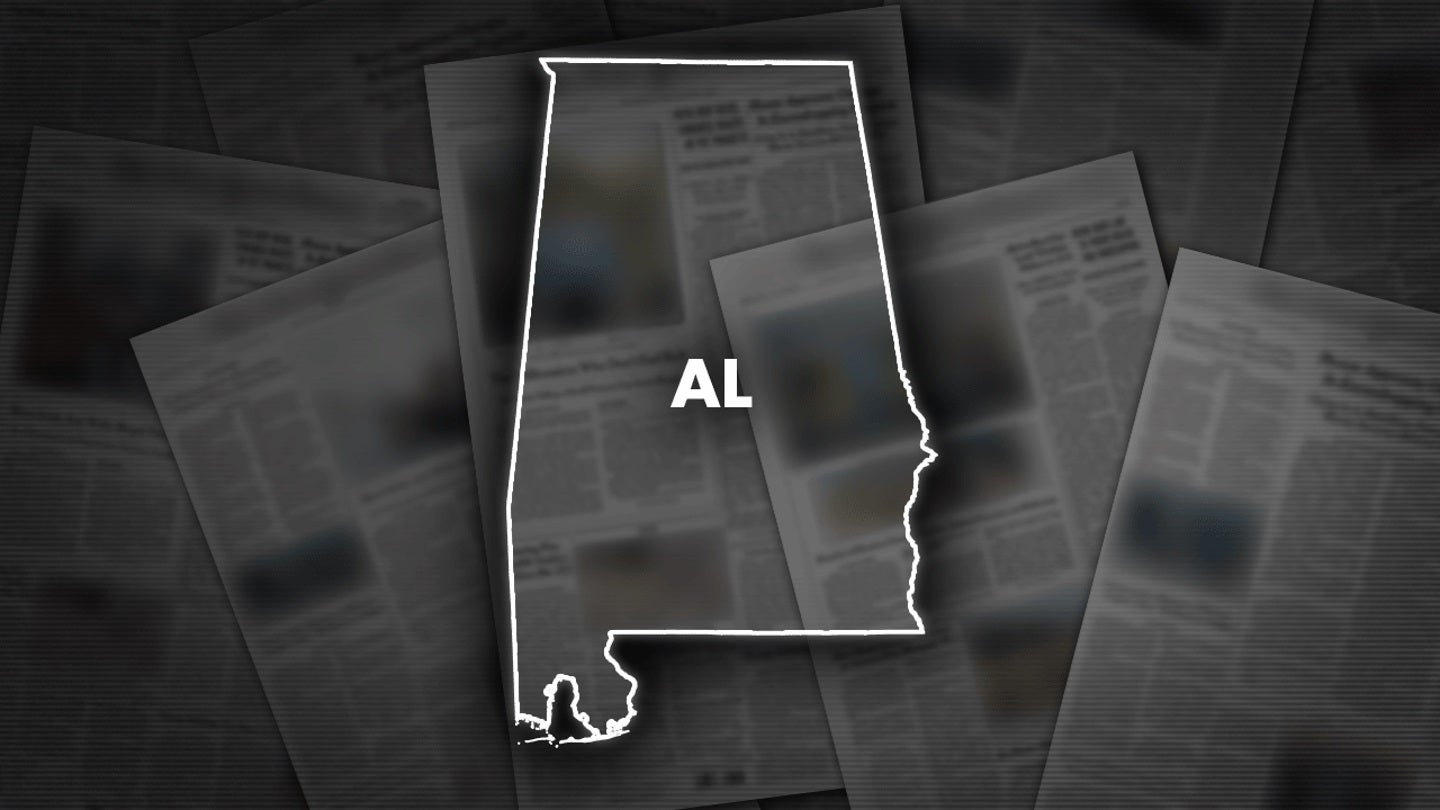The yen fell to a new 34-year low on Friday after the Bank of Japan stuck to its dovish tone, holding interest rates near zero despite rising pressure on the central bank to tighten its policy and prop up the ailing currency.
The Japanese currency fell to ¥156.71 against the dollar after the BoJ unanimously agreed to continue guiding its overnight interest rate within a range of about zero to 0.1 per cent.
In March, the central bank ended its negative interest rate policy, raising borrowing costs for the first time since 2007.
In the wake of its historic shift away from ultra-loose monetary policy, governor Kazuo Ueda indicated he would like to move gradually to raise rates.
But his position has been complicated by the yen’s depreciation and signals that the US Federal Reserve will keep interest rates high to tame inflation.
Investors had not expected the BoJ to change its policy this week, with the focus on whether Ueda would strike a hawkish tone regarding future rate rises to slow the yen’s decline.
Instead, Ueda said at a news conference on Friday that the central bank’s board members judged there was “no major impact” from the weaker yen on underlying inflation for now.
“Currency rates is not a target of monetary policy to directly control,” he said. “But currency volatility could be an important factor in impacting the economy and prices. If the impact on underlying inflation becomes too big to ignore, it may be a reason to adjust monetary policy.”
The yen held steady at about ¥155.55 a dollar in morning trading but weakened sharply within 10 minutes of the BoJ’s announcement as traders resumed bets that the US-Japan rate differential would continue to apply downward pressure on the Japanese currency.
The Nikkei 225 stock index briefly rose more than 1 per cent after the announcement. It closed up 0.8 per cent on Friday.
The BoJ forecast “core-core” inflation, a closely watched measure that strips out volatile food and energy prices, would remain near its 2 per cent target for the next three years. Ueda added that the central bank would raise rates or adjust the degree of its easing measures if prices rose in line with its outlook.
In a single-page statement, the BoJ also noted that it would continue to purchase Japanese government bonds in line with its March decision but dropped a previous footnote on how much it would buy each month.
“There is no intention by the BoJ to stop the yen’s decline, at least looking at its statement and its outlook report,” said UBS economist Masamichi Adachi. “The finance ministry will have to act [to stem the yen weakness].
“It would have been more effective if both the government and the BoJ faced the same direction,” he added.
The BoJ has long struggled to maintain price rises at sustainable levels to keep the economy out of deflation. While domestic consumption remains weak, the falling yen is expected to fuel inflation in the months ahead by increasing the cost of imported goods.
Investors expect the BoJ to raise rates in July at the earliest if the bank confirms increases in service inflation and real wages, which would help boost consumption. Following the dovish tone on Friday, however, Adachi said he does not expect the next rate rise until October.
“Markets remain on high alert for any indication of whether the yen’s current weakness will be interpreted as a lasting inflationary signal,” said Naomi Fink, global strategist at Nikko Asset Management.
“The BoJ however is likelier to find any knock-on impact from yen weakness upon inflation as more concerning than short-term currency moves.”

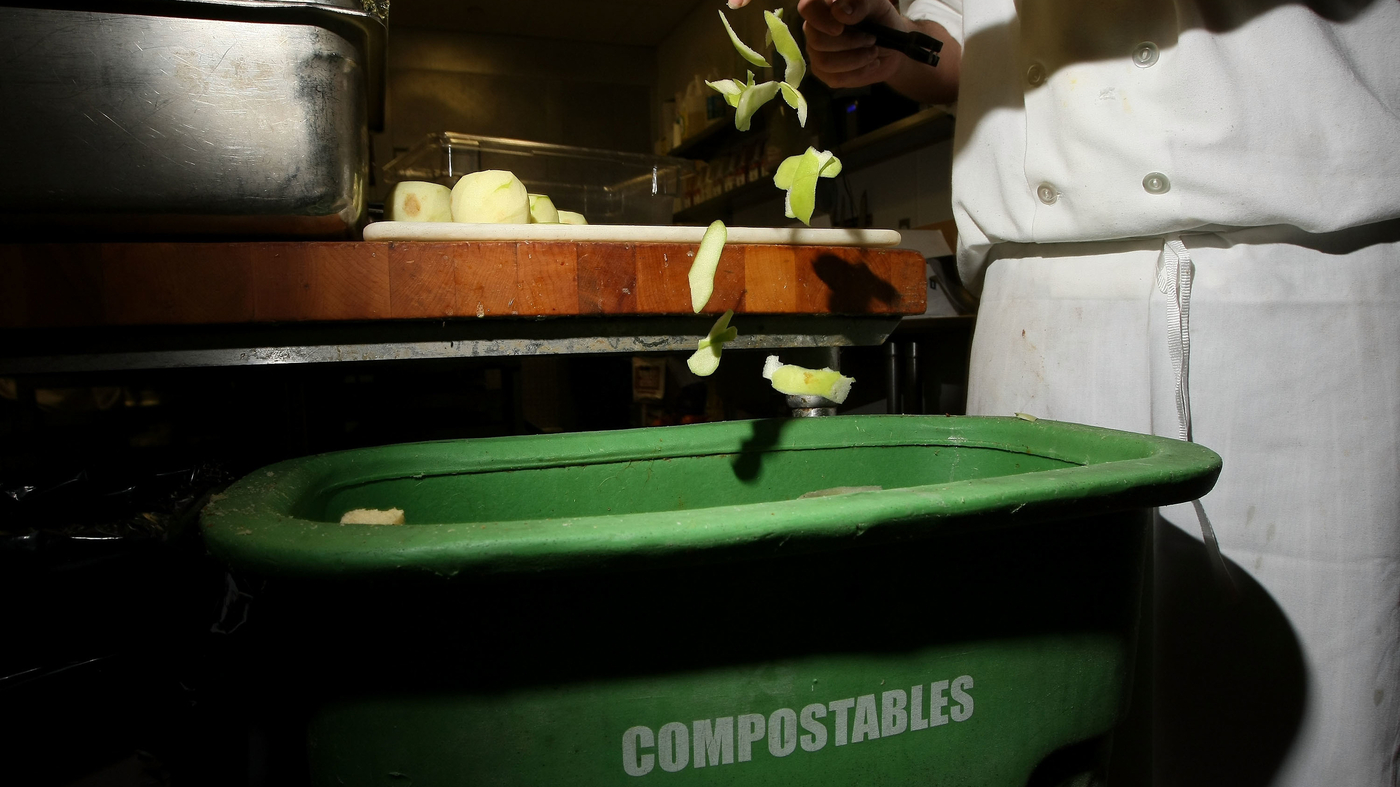
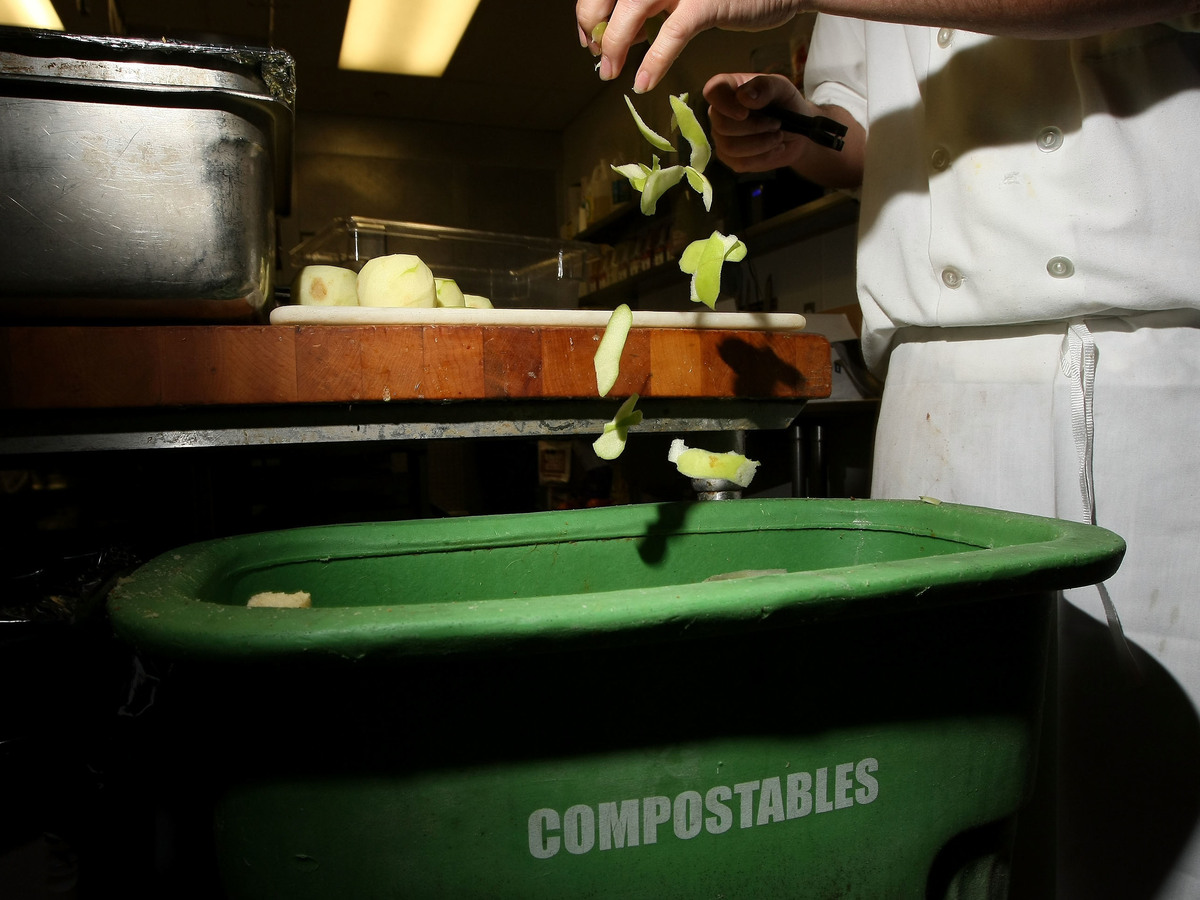



/cdn.vox-cdn.com/uploads/chorus_asset/file/25263505/STK_414_AI_C.jpg)
